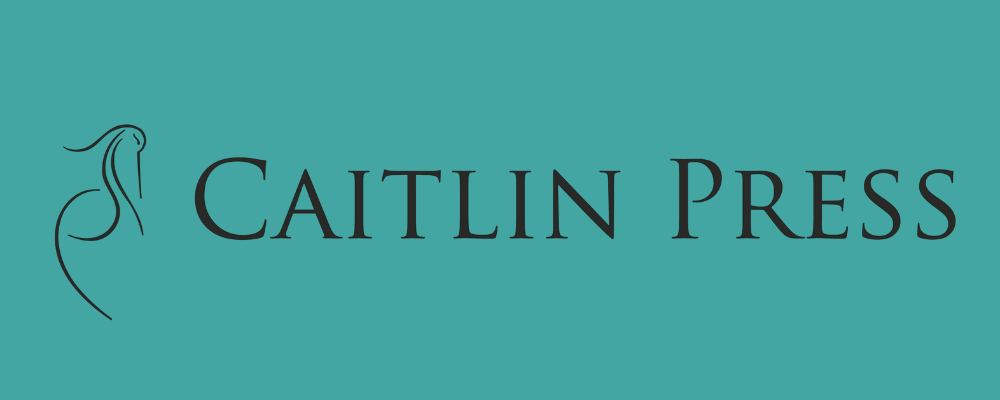How well do you know Canadian book consumers?
Here’s another instalment of our get to know Canadian book consumers series to get you in the know. In this series, we break down book buying, borrowing, and reading habits by age group, to give you the most up-to-date data from our consumer surveys — the Canadian Book Consumer Study 2022 and our newly released Canadian Leisure & Reading Study 2022.
We’ve gotten to know Canadian book consumers ages 18–29 and Canadian book consumers ages 30-44, and this month we’re looking at Canadian book consumers ages 45-54.
They’re online shoppers
Out of all the Canadian book consumers surveyed for the Canadian Book Consumer Study 2022, Canadian book buyers ages 45-54 were the most likely to buy books online, at 61%.
Not only do these book consumers shop online, but they have a strong online presence. More than any other age group, Canadian book consumers ages 45-54 are especially likely to be found on Facebook (74%) and LinkedIn (32%).
Canadian book buyers ages 45-54 were most likely to find the books they purchased by searching for that particular book, at 47%, and decided to buy their books because of their interest in the subject matter — 36%.
These Canadian book buyers were most likely to buy a book instead of borrowing it because:
they wanted it right away — 15%;
it was cheap — 11%; and
they wanted to be able to reference it later — 9%.
But you still find Canadian book consumers ages 45-54 at the library. More than any other age group, these book consumers visit the public library to discover a new book, author, and/or illustrator (20%) and to read magazines and newspapers (15%).
From the Canadian Leisure & Reading Study 2022, we’ve also learned that Canadian readers ages 45-54 were most likely to choose to read a specific book because it was a bestseller, at 19%.
Canadian readers ages 45-54 are also the most likely to read:
books that have been made into movies or TV shows — 54%;
poetry, books in verse, or plays — 26%; and
books that are controversial or have been banned elsewhere — 25%.
They’re reading in all formats
Canadian book consumers ages 45-54 read all book formats — print books, ebooks, and audiobooks alike.
According to the Canadian Leisure & Reading Study 2022, Canadian readers ages 45-54 are the least likely to have a book format preference and the most likely to read or listen to a book in another format, at 16%.
And these Canadians read all formats frequently. Canadian readers ages 45-54 are the most likely to:
read print books once a week — 33%;
read ebooks more than once a day or once a day — 9% and 20%; and
listen to audiobooks more than once a day or once a day — 5% and 20%.
Unlike Canadian book consumers ages 18-29, who read and listen to ebooks and audiobooks on their smartphones, Canadian book consumers ages 45-54 are the most likely group to use tablets for their ebooks and audiobooks, at 42% and 24% respectively.
For Canadian book consumers in the Canadian Book Consumer Study 2022, Canadian book buyers ages 45-54 were the most likely to buy print books — 51% paperback, 26% hardcover. Meanwhile, Canadian book borrowers ages 45-54 were the most likely to borrow ebooks, at 37%.
They’re Non-Fiction fans
Out of all Canadian book buyers surveyed for the Canadian Book Consumer Study 2022, book buyers ages 45-54 were the most likely to purchase Non-Fiction titles, at 43%.
We found the same thing in the Canadian Leisure & Reading Study 2022. Canadian readers ages 45-54 were the most likely to read Non-Fiction print books (81%) and listen to Non-Fiction audiobooks (83%). Across all readers, Canadian readers ages 45-54 were also the most likely to read children’s print books (27%) and audiobooks (22%).
Which Fiction and Non-Fiction titles are the most popular with these book consumers?
Canadian book consumers ages 45-54 are most likely to be buying, borrowing, reading, or listening to Self-Help, Biography and Autobiography, or History Non-Fiction titles and Mystery, Science Fiction, or Romance Fiction titles.
What are other Canadian book consumers like? Stay tuned for more instalments of this blog series here and sign up for the research newsletter so you’re always in the know.















Insights into the latest updates and additions made to ONIX codelists.